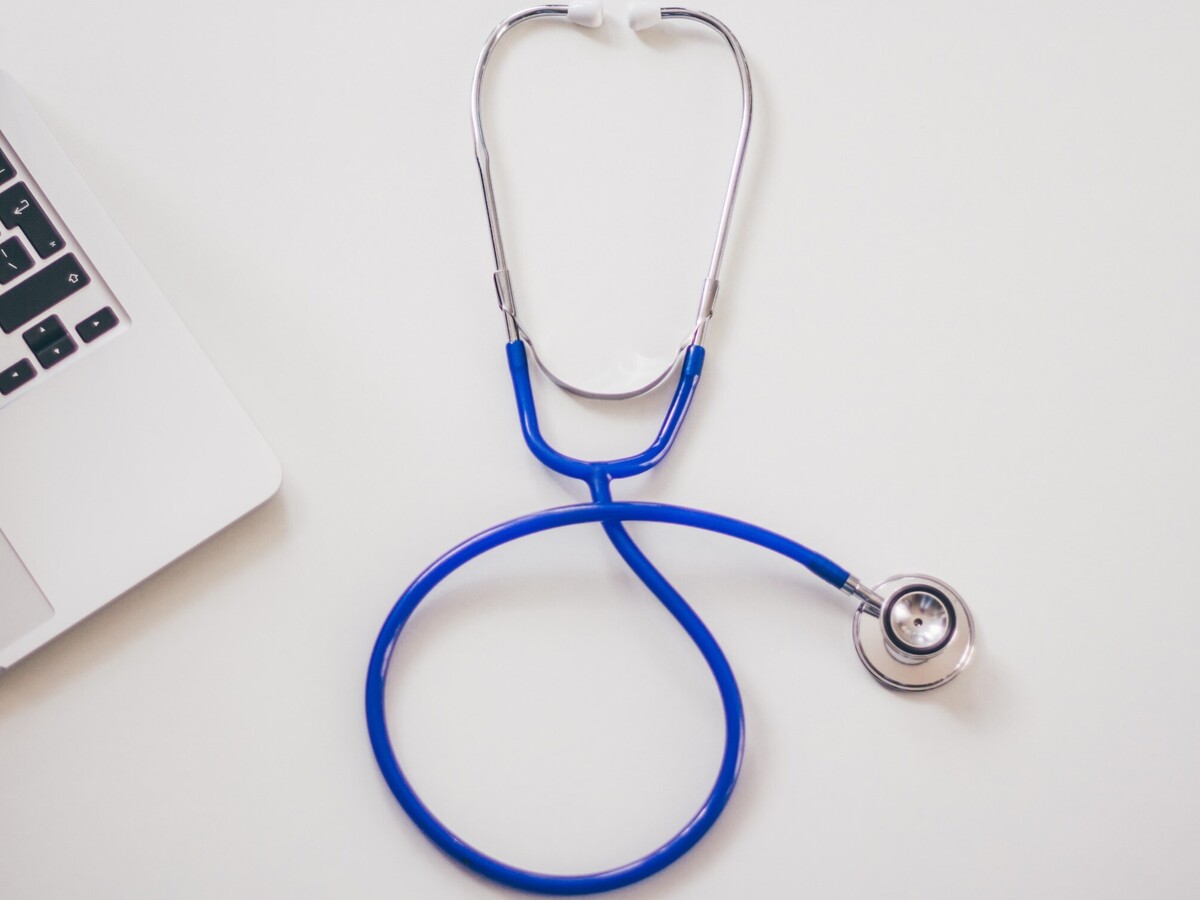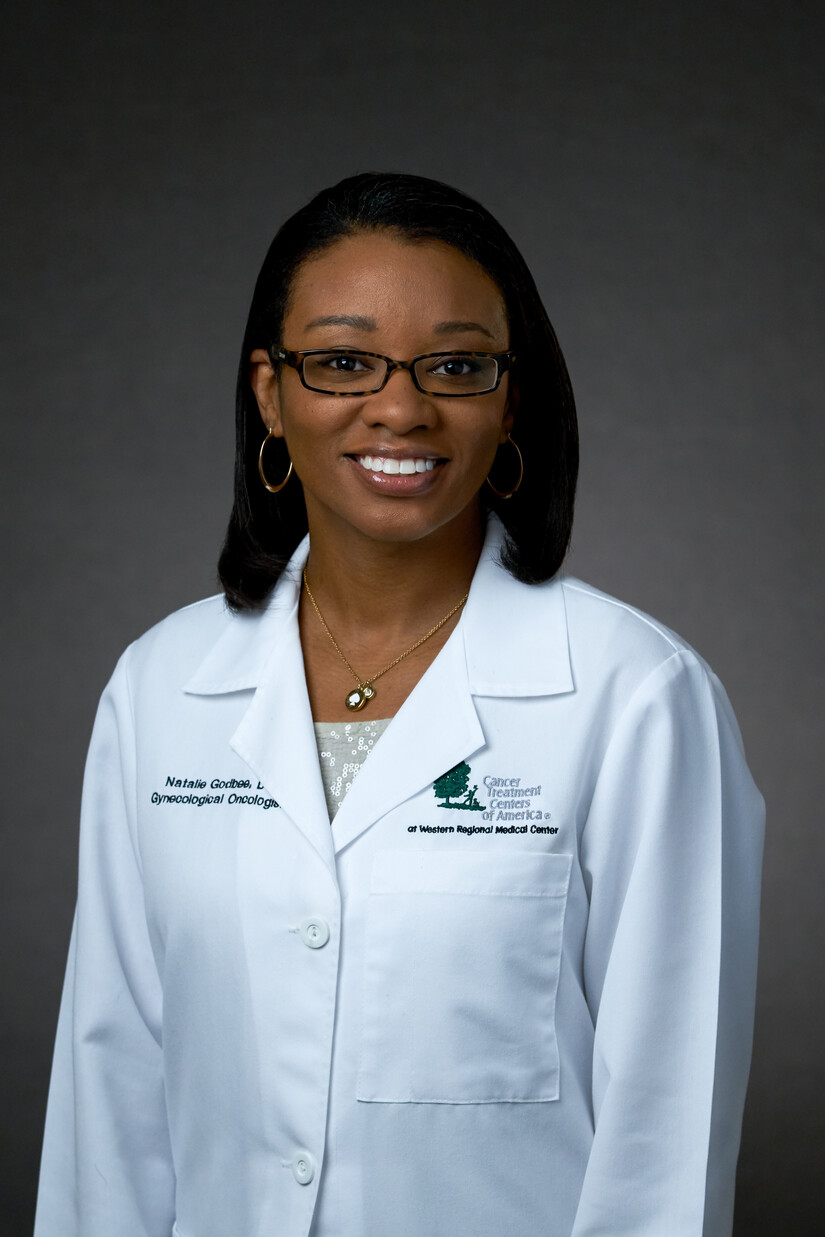Image


It is unfortunately very likely you know someone who will be diagnosed with some type of cancer during their lifetime.
There are many different types of cancer that regularly occurs in our communities but Georgia actually has one of the highest rates of cervical cancer in the U.S., according to the American Cancer Society.
January has even been declared Cervical Cancer Awareness month by the United States Congress because of the seriousness of this issue.
I recently interviewed Dr. Natalie Godbee regarding how Middle Georgians can reduce the high occurrence of cervical cancer presently occurring in our communities. Dr. Godbee is an expert on this subject as she works as a Gynecologic Oncologist at City of Hope Atlanta.
Dr. Godbee says that cervical cancer is caused mostly by the Human papillomavirus (HPV), the most common sexually transmitted infection. HPV can be spread in multiple ways and can cause persistent infections that can then lead to multiple types of cancers, including cervical cancer.
 Dr. Natalie Godbee in a Gynecological Oncologist at City of Hope Atlanta
Dr. Natalie Godbee in a Gynecological Oncologist at City of Hope AtlantaDr. Godbee stressed that receiving a HPV vaccination is one of the most efficient ways to reduce chances of developing cancer due to an HPV infection.
"It is important to stress that certain strains of HPV can cause cancer — and those strains are thought to cause more than 90% of cervical cancers. Since its initiation, strains of HPV that cause most HPV cancers and genital warts have dropped in teen girls by 88% and by 81% in young adult women; and it has reduced cases of precancers of the cervix in young women," says Dr. Godbee.
Regarding who can benefit from the vaccination, Dr. Godbee says, "The HPV vaccine is recommended for males and females ages 9 to 26 and usually first administered at ages 11 to 12. In some cases, adults up to age 45 may receive the vaccine after consulting with their physician."
In the past few years there have been more people in politics and the media who have expressed rumors and fears about vaccines such as the COVID-19 vaccines.
I asked Dr. Godbee about the risks of HPV vaccinations and what she would say to those who have concerns.
"Some common side effects exist, but they are minor and typical of most vaccinations — pain, redness or swelling at the injection site, headaches, dizziness, nausea, or fever. A select population may be allergic to ingredients in the vaccine, so speak to your physician if you have concerns," says Dr. Godbee.
Asked about what research has been done to assure that HPV vaccinations are safe, Dr. Godbee responded, "This is a vaccine that has been studied for over 15 years and more than 135 million doses have been administered. Evidence shows the benefits of the vaccine typically outweigh the risks."
Dr. Godbee had one final message for Middle Georgians dealing with the decision to be vaccinated or have their children vaccinated with the HPV vaccine:
"Receiving the vaccine is an important risk-reducing measure for the health of both adults and children, and studies have shown that receiving the vaccine does not increase the rate of adolescents engaging in sexual activity. Additionally, the HPV vaccine is covered by insurance and is part of the CDC’s Vaccines for Children program," says Dr. Godbee.
If you have any concerns about the HPV vaccine make sure you speak about it with your treating physician. Making the right decision about this important issue could end up saving your life or the life of someone you love.